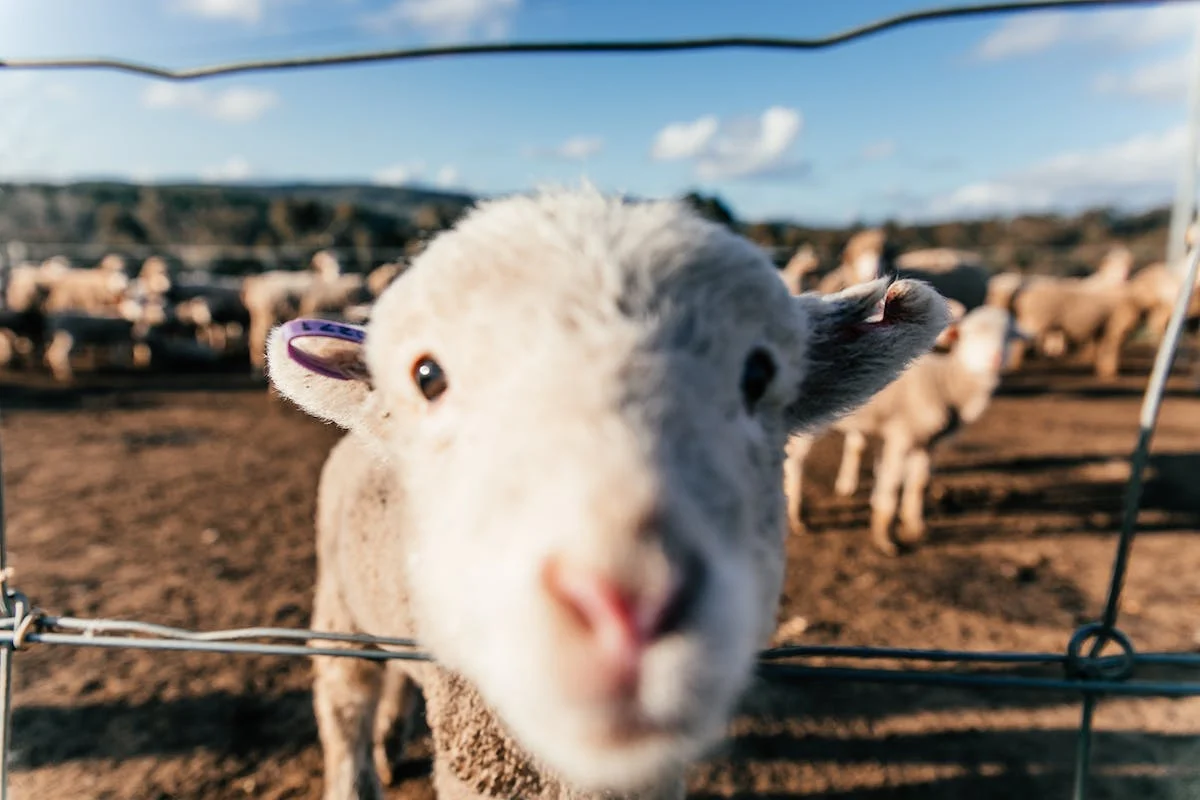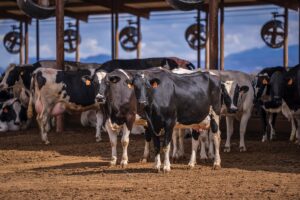The ethics of consuming insects is a complex issue that requires consideration of various factors. Insects are becoming increasingly popular as a protein source due to their low environmental impact and high nutritional value. However, some people may question whether it is ethical to consume insects, given that they are living creatures.
When comparing the ethics of consuming insects to other forms of animal protein, it is important to consider factors such as animal welfare, environmental impact, and cultural beliefs. In general, insects are seen as a more ethical protein source than traditional livestock, as they require fewer resources and have a lower environmental impact. Additionally, insects can be raised in humane conditions and harvested in a way that minimizes harm to the insects.
Another argument for the ethics of consuming insects is that they are already consumed by many cultures around the world. Insects have been a traditional part of the diet in many countries for centuries, and are often considered a delicacy.
However, some people may still find it difficult to reconcile the idea of consuming living creatures, regardless of the ethical considerations. In these cases, it may be helpful to consider the concept of “minimizing harm.” While insects are living creatures, they are also a highly sustainable and efficient source of protein. By consuming insects instead of traditional livestock, we are reducing the harm done to the environment and potentially to other animals.
Ultimately, the ethics of consuming insects will depend on individual beliefs and values. However, when compared to other forms of animal protein, insects can be seen as a more ethical option due to their low environmental impact and potential for humane farming practices. As the world’s population continues to grow, it is important to consider the ethical implications of our food choices, and to explore sustainable and responsible protein sources such as insects.




